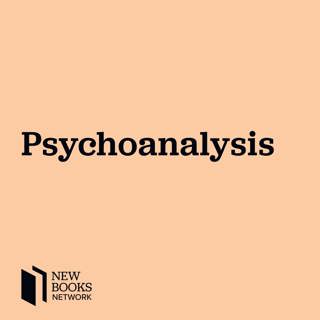
Mary Edwards, "Sartre’s Existential Psychoanalysis: Knowing Others" (Bloomsbury, 2022)
Om avsnittet
Thinking of the French philosopher Jean-Paul Sartre, it is hard to think of him without imagining him in very particular contexts. One will likely imagine him in a Parisian cafe working through a pack of cigarettes and coffee, working on his latest play while waiting for his friend Pierre to arrive. His theories of freedom against the temptations of bad faith are thought to be theories of writers and activists, resisters of occupation. But while this is no doubt a central part of his thinking, it misses another context he was very much interested in: the clinic. While he was not an orthodox Freudian or trained analyst, he was deeply interested in many of the questions that psychoanalysts are also interested in, and this intersection proved to be very productive, generating thousands of pages of lesser known works. This is what Mary Edwards, philosophy lecturer at Cardiff University, has written about in her new book Sartre’s Existential Psychoanalysis: Knowing Others (Bloomsbury, 2022). Working through Sartre’s output from beginning to end, it first sets the stage with his early claims about the nature of the self and the possibility of knowing a person. From there, it works to his later works, in particular his voluminous yet unfinished biography of Gustave Flaubert, where Edwards finds Sartre developing and applying a very particular method of understanding a person while nonetheless maintaining a respect for their free nature. While Sartre never completed his intended project, Edwards finds his attempt suggestive for rethinking life both in and beyond the clinic. Learn more about your ad choices. Visit megaphone.fm/adchoices Support our show by becoming a premium member! https://newbooksnetwork.supportingcast.fm/psychoanalysis
